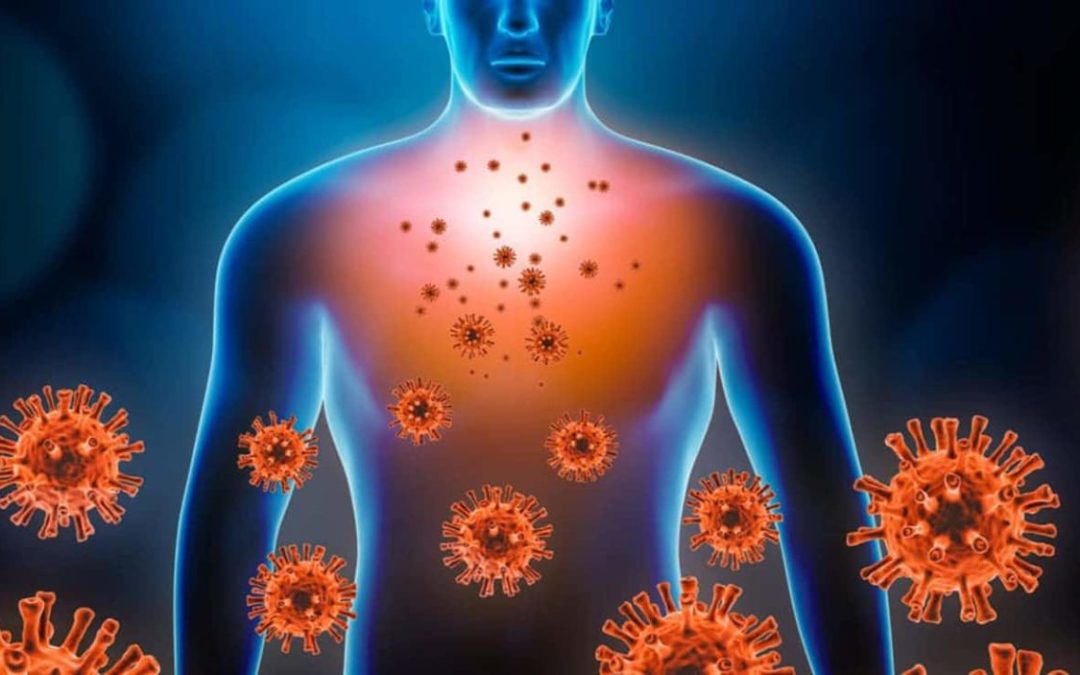Our immune system does an amazing job of defending us against microorganisms that seek to do us harm, but it isn’t full proof. So, what can we do to ensure our immune system functions to the best of its ability?
Sleep for at least seven hours per night
While we are sleeping, our immune system releases proteins called cytokines. These small proteins are essential to controlling the growth and activity of other immune system cells and blood cells. They signal to the immune system to do its job. When we are dealing with stress, we need even more cytokines than usual, the same goes for when we have an infection. When we lose out on sleep, our cytokine production decreases. Additionally, infection-fighting antibodies and cells are also reduced. So, be sure to try and get your seven hours in and help your immune system do its job this winter.
Eat a balanced, nutritious diet
Eating a balanced and nutritious diet keeps our immune system functioning, and whilst some diets may better prepare us for infections and illnesses, it’s not likely any one food will give us ‘extra’ protection.
Our immune system needs a range of important micronutrients, including, vitamin D, vitamin C, selenium, zinc and iron. Eating foods rich in these nutrients help keep our immune system strong. Another way to help your immune system stay in shape is by looking after your gut. A plant-rich high fibre diet, full of vegetables and whole grains can help the maintenance and growth of microbes, which break down fibres and produce short-chain fatty acids. These acids have been known to support immune cell activity. Therefore, a diet rich in both probiotic and prebiotic foods could be helpful for maintaining a strong immune system.
Drink enough water
Water is vital to our survival for many reasons, one being that it helps our blood work correctly and helps the blood to transport our nutrients around our body. Staying well hydrated not only helps your blood to do its job, but it’s also very important for lymphatic draining and making sure we are clearing out any foreign invaders and other waste materials.
You should be aiming to drink half your body weight (lbs) in ounces of water. For example, if you weigh 180lbs you should aim to drink 60 ounces of water per day (add more if you drink coffee or alcohol).
Manage your stress
When we’re stressed our bodies release cortisol, the stress hormone. The effects of cortisol include the suppression of the immune system responses, the digestive system, and growth processes. Stress can also drive us to engage in other behaviours which negatively impact our immune system, like smoking, drinking alcohol or not sleeping.
We will all find ourselves in stressful situations from time to time, and although we may not always be able to change our situation, we can learn to identify what causes our stress and how to take care of ourselves, both physically and emotionally, in the face of stressful situations.
If you are currently dealing with stress you may find meditation a useful practice. Meditation has been proven to help with stress management. Find out more here: The Health Benefits of Meditation | Relieving Stress (slohealthcenter.com)

